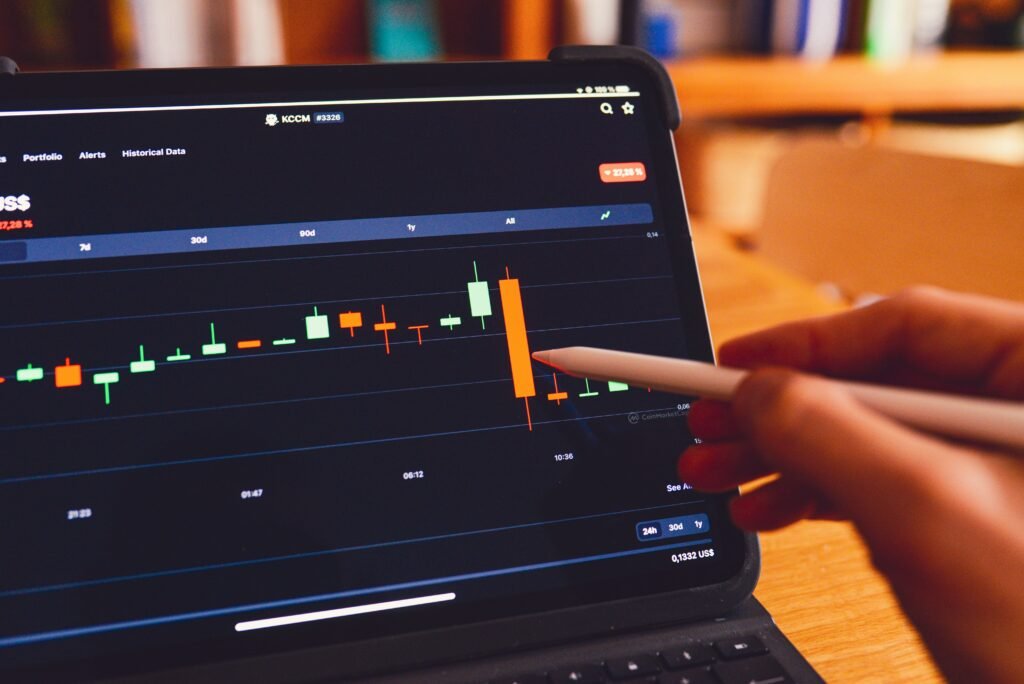Why Lukashenko pushes crypto
Belarus President Alexander Lukashenko has urged banks to expand digital tools to keep trade alive. He said Belarus crypto adoption to counter sanctions is central to sustaining external payments. Officials from the Belarus National Bank joined bank heads to plan steps. The push aims to reduce intermediaries and speed cross-border settlements. Conversations also referenced increased cryptocurrency flows with Russia and nearby partners.
Belarus crypto adoption goals
Belarus’s banks moved quickly after a recent meeting to scale crypto use and tokenization. The government reported $1.7 billion in crypto transactions in the first seven months. Authorities project totals could reach $3 billion by year-end as EU sanctions bite. Expanding tokenization and smart contracts is presented as a way to automate compliance and transactions. The goal: preserve liquidity while under pressure from sanctions.
Lukashenko on tokenization
Lukashenko highlighted tokenization to digitize assets and streamline custody and exchange operations. He framed tokenization as a tool to cut middlemen and use smart contracts for automatic settlement. The Belarus National Bank will coordinate rules for safer cryptocurrency adoption inside formal banking. Regulators say stronger on-chain controls can support lawful external payments. Critics worry these measures could also help skirt EU sanctions.
Smart contracts for external payments
Banks are being asked to integrate smart contracts into payment rails to ensure predictable transfers. Smart contracts can trigger payments when conditions match, speeding external payments and reducing error. Proponents argue this helps maintain trade links with Moscow-aligned states despite restrictions. Opponents warn that expanding crypto rails risks further isolation under extended EU sanctions. International monitoring agencies are likely to watch Belarus crypto adoption to counter sanctions closely.
Sanctions, crypto and trade
Belarus sees crypto and tokenization as tactical responses to sweeping restrictions. EU sanctions in place since 2020 were extended through February 2026, tightening pressure. The state frames these tools as economic lifelines, not evasion tactics, though overlap exists. Banks must balance innovation with compliance to avoid secondary sanctions. The coming months will test whether cryptocurrency solutions stabilize the economy or deepen geopolitical frictions.
Frequently asked questions about Belarus crypto adoption to counter sanctions (FAQ)
Will Belarus use tokenization to avoid sanctions?
Officials say tokenization will boost efficiency and external payments, but whether it avoids sanctions is debated.
Who is driving this policy?
President Lukashenko, the Belarus National Bank, and commercial bank leaders are coordinating the push.
Could this change international relations?
Belarus crypto adoption to counter sanctions may shift trade practices and attract regulatory scrutiny abroad.
How large is Belarus’s crypto activity?
Authorities reported $1.7 billion through exchanges in seven months, with projections up to $3 billion.
Are smart contracts part of the plan?
Yes. Smart contracts are promoted to automate payments and reduce intermediaries in cross-border deals.



